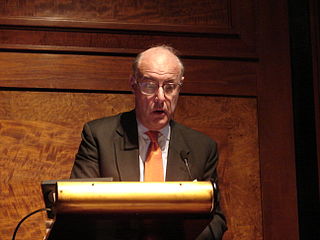A Quote by Michel de Montaigne
He who does not live in some degree for others, hardly lives for himself.
Related Quotes
We human beings are social beings. We come into the world as the result of others’ actions. We survive here in dependence on others. Whether we like it or not, there is hardly a moment of our lives when we do not benefit from others’ activities. For this reason, it is hardly surprising that most of our happiness arises in the context of our relationships with others.
When a plane crashes and some die while others live, a skeptic calls into question God's moral character, saying that he has chosen some to live and others to die on a whim; yet you say it is your moral right to choose whether the child within you should live or die. Does that not sound odd to you? When God decides who should live or die, he is immoral. When you decide who should live or die, it's your moral right.
A man who finds himself among others is irritated because he does not know why he is not one of the others. In bed next to a girl he loves, he forgets that he does not know why he is himself instead of the body he touches. Without knowing it, he suffers from the mental darkness that keeps him from screaming that he himself is the girl who forgets his presence while shuddering in his arms.
Humility is an attribute of godliness possessed by true Saints. It is easy to understand why a proud man fails. He is content to rely upon himself only. This is evident in those who seek social position or who push others aside to gain position in fields of business, government, education, sports, or other endeavors. Our genuine concern should be for the success of others. The proud man shuts himself off from God, and when he does he no longer lives in the light.









































